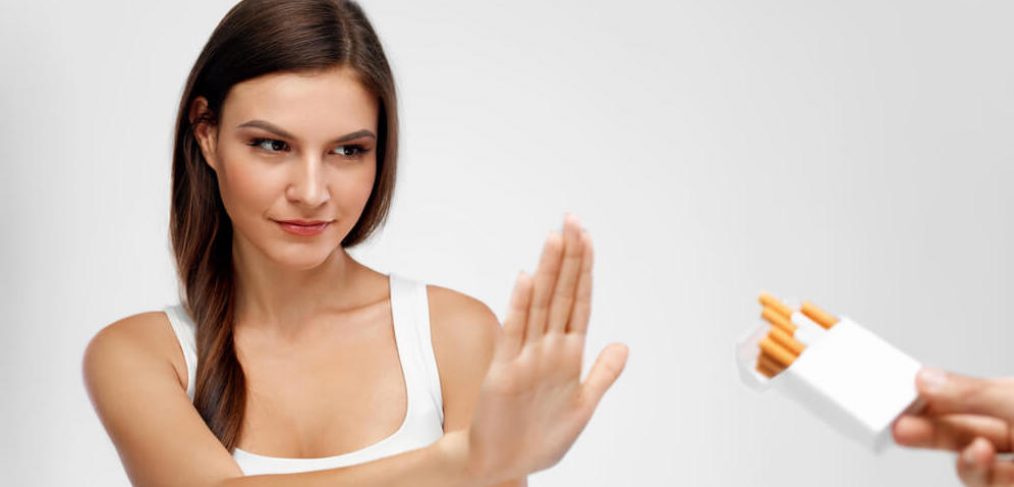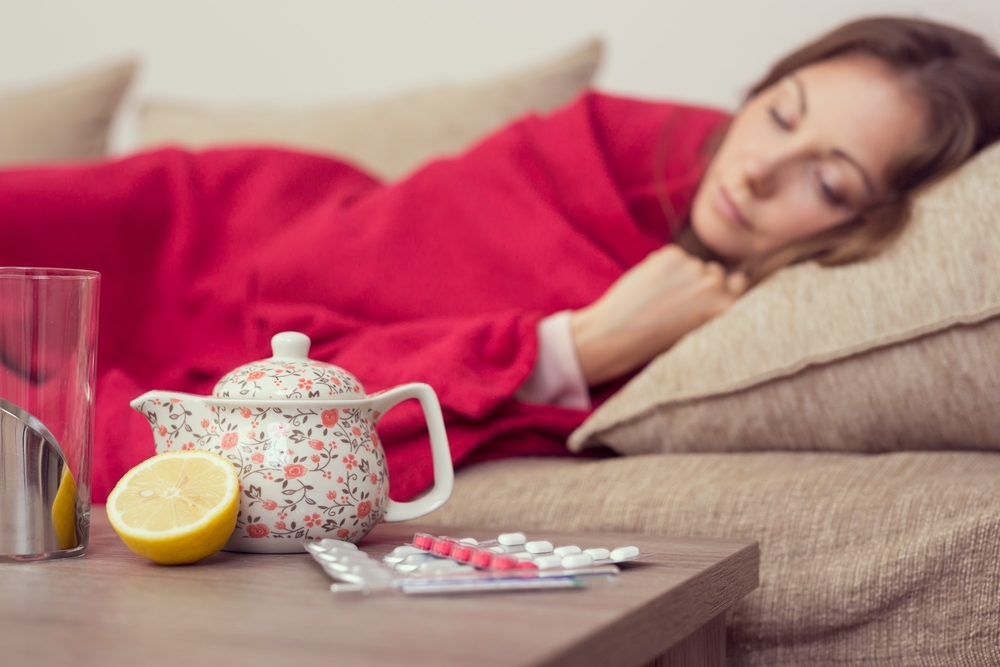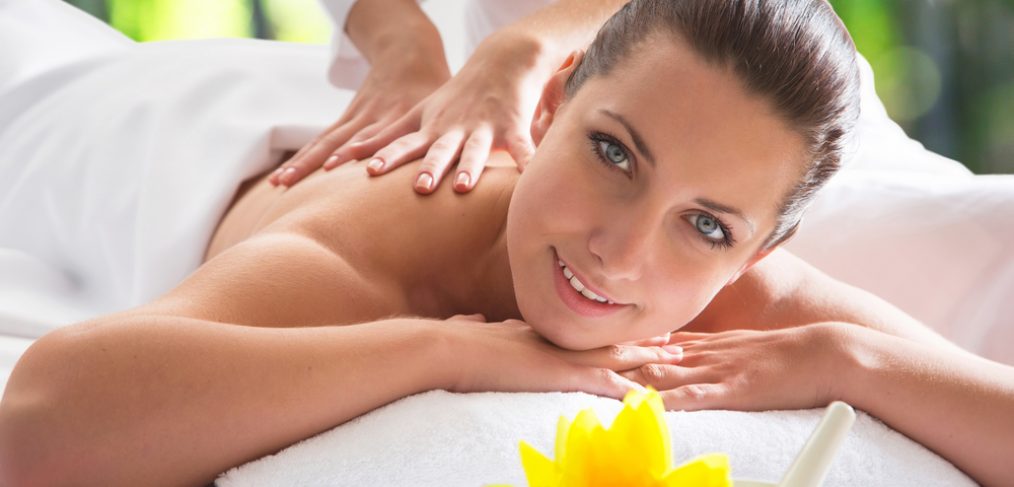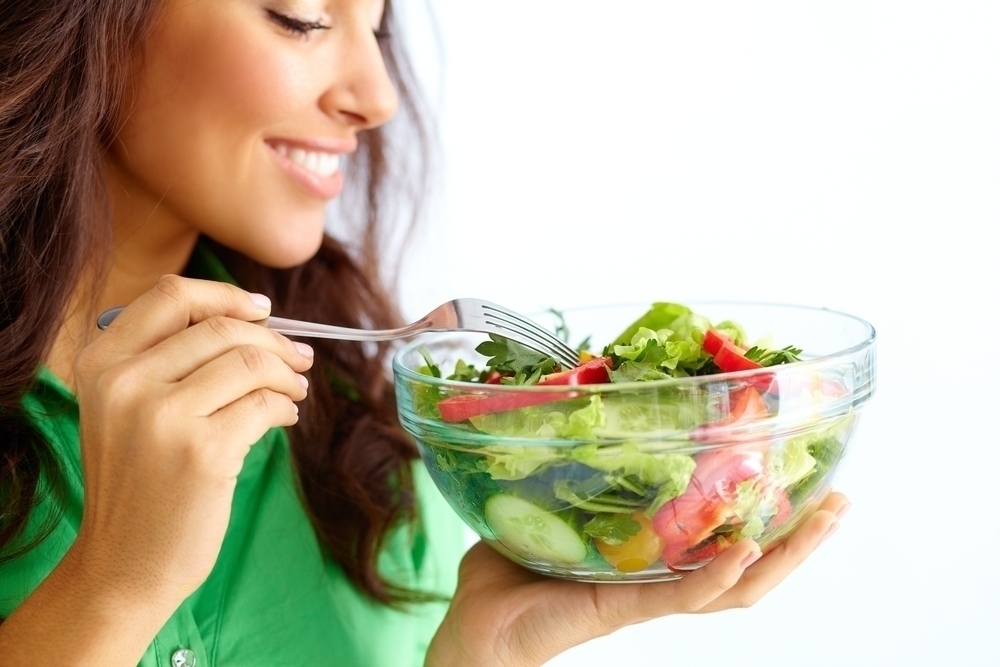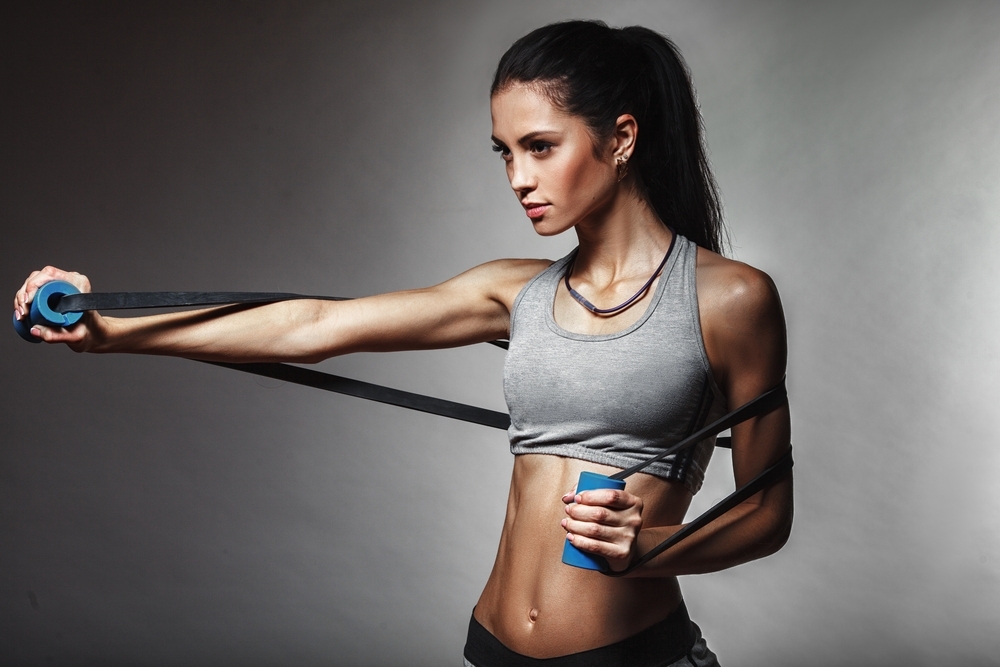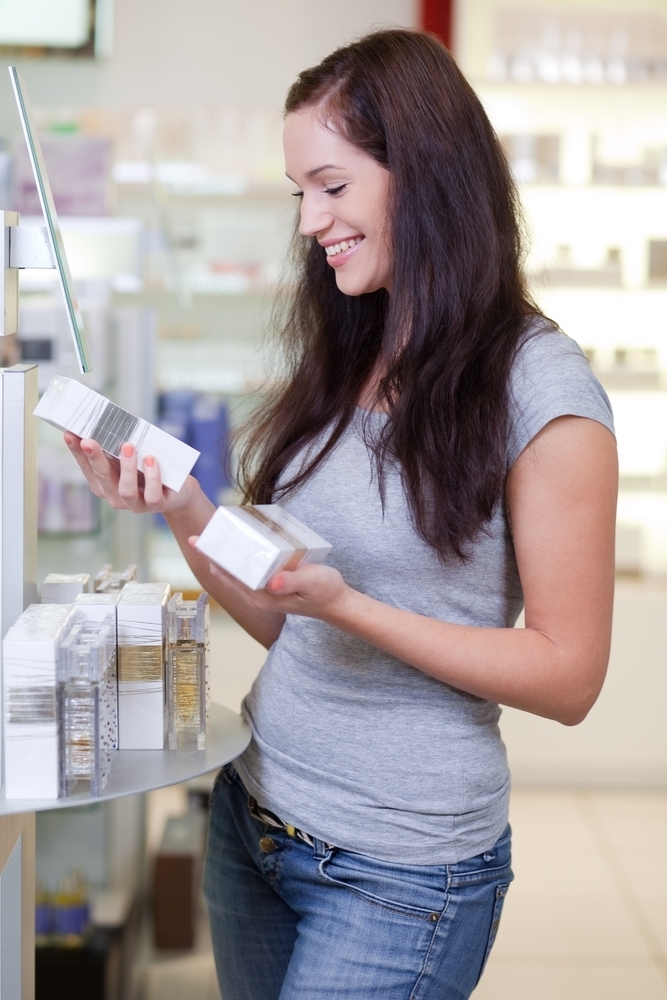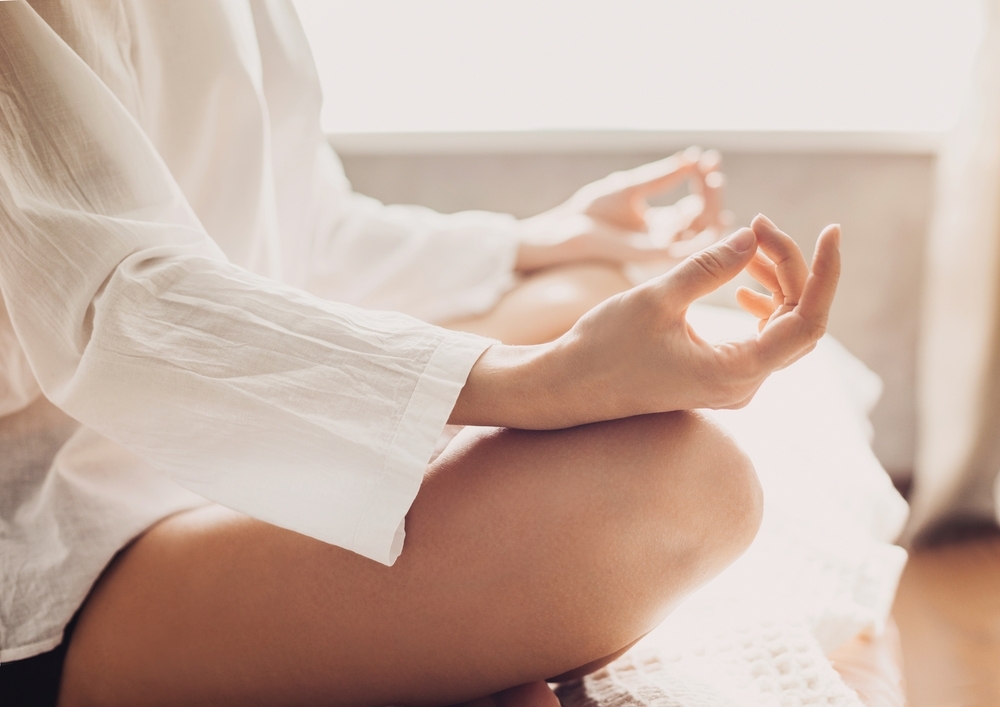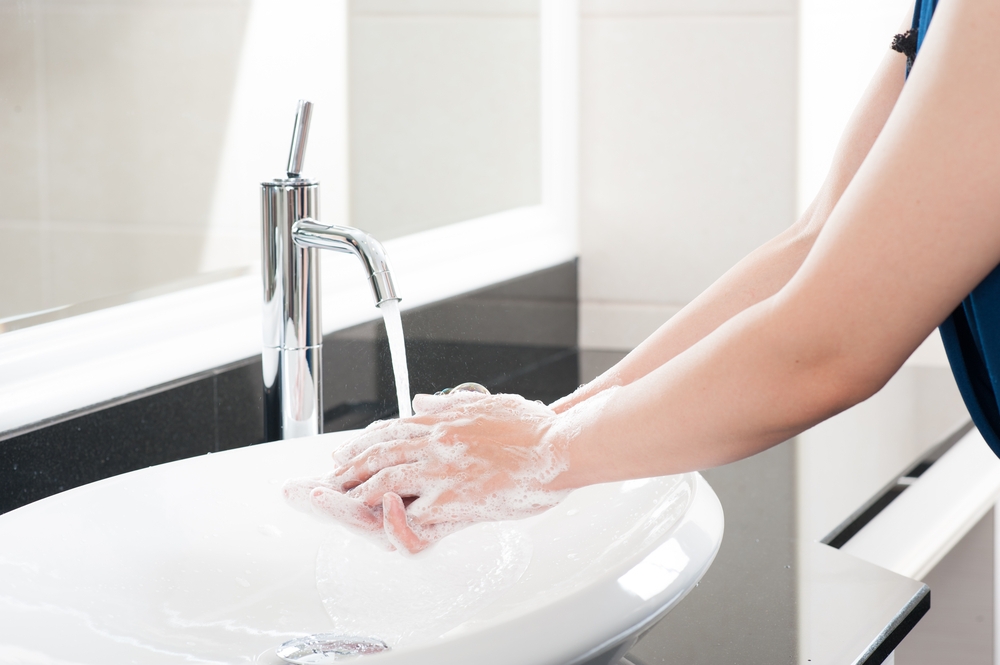If you’re still smoking, you must be a pretty tough cookie. Let’s face it, those anti-smoking ads can be pretty discouraging if you don’t want to shake the habit. In fact, if you’re still smoking, that means you’ve toughed it out through media scare tactics, dirty looks, bad seating, no seating, fines, and price hikes- OUCH! But there is one thing that’s going to break you- smoking itself. You may have pretty thick skin when it comes to popular opinion, but lung cancer, heart disease, and stroke can be a lot harder to take in stride. If you are looking to quit this summer, here are a few tips that might be worth checking out.
Find A Reason
If you’re going to do something, you need a reason to do it, and giving up smoking is no exception. Why is it you want to quit? Is it to feel better, look better, lessen your risk of disease, or just to protect loved ones from second-hand smoke? Remember, the first step is motivation.
Don’t Try To Go Cold Turkey
One of the biggest mistakes people, when they attempt to quit smoke, is by trying to do it “cold turkey.” Nicotine withdrawal needs to be done in small doses to avoid unpleasant symptoms.
Nicotine Replacement Therapy
If nicotine cravings prove too overwhelming, replacement treatments including nicotine gum, lozenges, and patches are available, just don’t smoke while you’re using them.
Prescription Pills
Talk about nicotine replacement with a doctor. Medical professionals may be able to refer you to prescription medications that can help to reduce cravings and reduce symptoms of withdrawal.
Get Support
You’re never too tough to ask for help. If you don’t like the idea of asking for assistance from the same people who kept bugging you to quit, consider going to a counselor. Behavioral therapy has been used to varying degrees of success and can increase the odds of quitting in certain people.
Manage Stress
If you look to cigarettes for stress relief, you may want to consider other options. Yoga, massage, Tai Chai, and exercise are all good ways of relaxing butt free.
Avoid Alcohol
Smoking and drinking often go together, as do coffee and cigarettes, and it can be very tempting to smoke after meals. Try to find replacements for cigarette triggering activities and chew gum or brush your teeth after a meal.
Clean Your House
So, you’re probably thinking you’d rather smoke than clean your house any day, but that’s not quite what this advice is getting at. Ashtrays, lighters, and smells can all trigger the desire to smoke. Empty your house of those reminders and try using some air fresheners to rid your home of the smell.
If At First, You Don’t Succeed….
Remember, relapses happen. If you find yourself returning to the nasty habit, just ask yourself what got you smoking again and try to avoid it next time.
Exercise
Movement and exercise can be a good way of curbing your nicotine cravings, and it also keeps your weight down. Next time you find yourself getting the urge to light up, light out!
Are you trying to kick butts this summer? Let us know your best advice! And good luck, we know you can do it!



